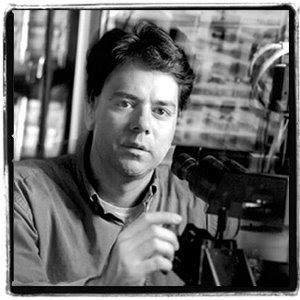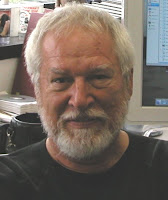Light Up Your Brain! The Secret Science Club presents Neurobiologist Vincent Pieribone at the Bell House on Wednesday, February 4 @ 8 PM. FREE!

Secret Science Alert: This month, the Secret Science Club meets at the Bell House , the all-new all-awesome venue in Gowanus, Brooklyn, created by the owners of Union Hall (our lovely hosts). Make like a bathysphere and submerge, because the Secret Science Club is going down . Intrepid neurobiologist (and scuba diver) Vincent Pieribone lures us into the depths—where ocean research and brain science collide. Dr. Pieribone uncovers the secrets of the seas and technicolor reefs in his quest for biofluorescent creatures —and then shows how they can be used to create glowing proteins that make cells and neurons light up in the lab. A cellular and molecular biologist at Yale University’s School of Medicine and the co-author of Aglow in the Dark: The Revolutionary Science of Biofluorescence , Dr. Pieribone asks: --What do jellyfish and coral reefs have to do with the human brain and quest for medical cures? --What makes undersea animals glow? --How can biofluorescent technology link t
